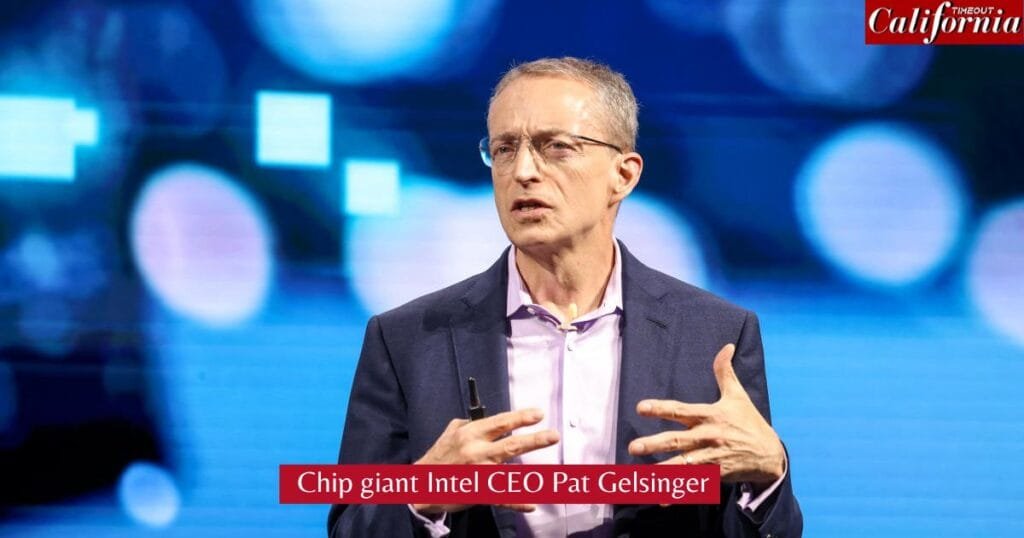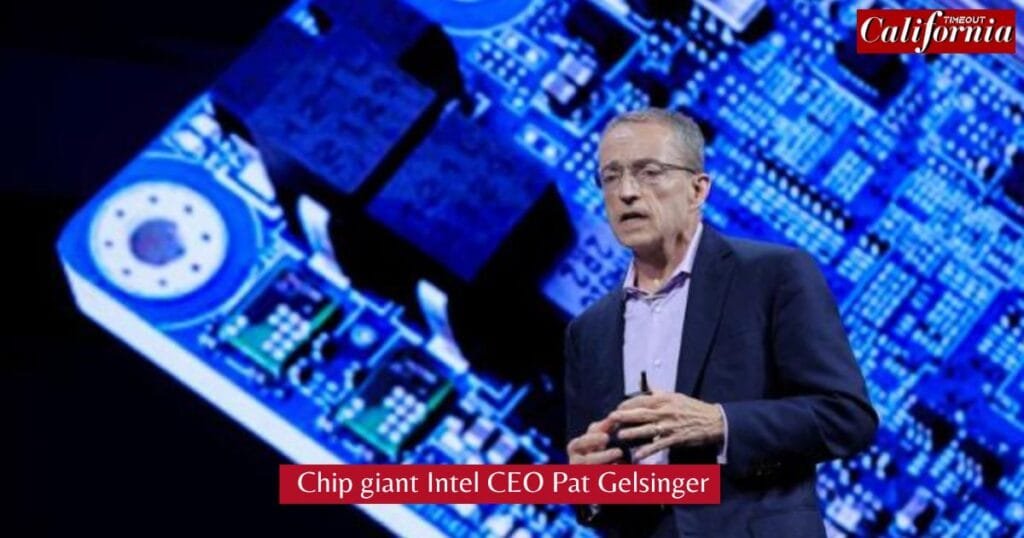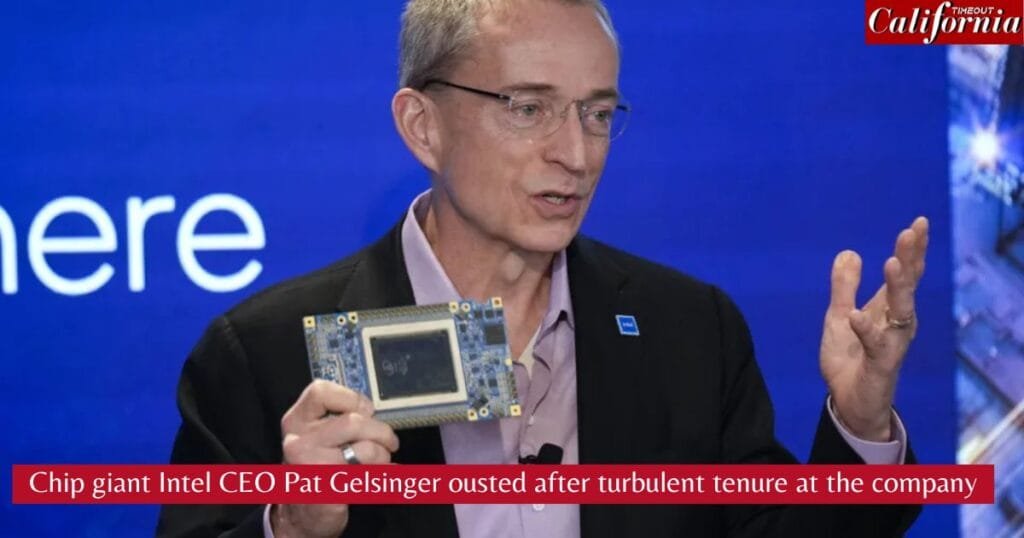Intel CEO Pat Gelsinger Steps Down: Leadership Shakeup Amid Ongoing Challenges
Leadership Transition at Intel
Intel (INTC) announced the retirement of CEO Pat Gelsinger, effective December 1, 2024. Gelsinger, who rejoined Intel in 2021, stepped down after leading efforts to revitalize the company.
CFO David Zinsner and Michelle Johnston Holthaus, former heads of client computing, were named interim co-CEOs, while Intel’s board initiated a search for a permanent successor.

Challenges and Controversies
Gelsinger’s departure comes amid investor lawsuits alleging misleading financial disclosures and mounting pressure over Intel’s underperformance. The board reportedly lost confidence in his leadership, pushing for change ahead of 2025.
Read also:-
- Anastasiia Smelova: The Beauty Queen on a Mission to Uplift, and Unite Women Worldwide
- HELL’ YA, a song of ELUSIVE THUGS serves as a perfect example of Music with Meaning
- Egyptian-American filmmaker Peter Takla is set to Release his new film, “40 Days,” in theatres on May 30
- Autumn Brockman’s “ARock” Empowers the Beauty Industry
- Miss Universe Guyana organization appoints new Assistant Director Ivonn Novikova
Strategic Uncertainty
Intel’s ambitious push to expand into making chips for external customers under its Foundry Services initiative faces uncertainty. Analysts fear this strategy could falter without strong leadership, impacting Intel’s competitiveness in the booming AI chip market, currently dominated by Nvidia (NVDA) and TSMC (TSM).
Financial and Market Performance
Intel stock rose briefly on the news before falling 2.5% during trading. With shares down over 50% this year, compared to a 26% rise in the S&P 500, Intel continues to face investor skepticism. The company was recently replaced by Nvidia in the Dow Jones Industrial Average.
Ongoing Investments and Expansion
Despite setbacks, Intel recently secured $7.86 billion in CHIPS Act funding for manufacturing projects in the U.S. and announced plans to spin off its foundry business. Analysts suggest Gelsinger’s exit could accelerate this restructuring.

Future Outlook
Intel’s next CEO faces significant hurdles, including reviving investor confidence, overcoming competition from AMD and Arm, and navigating the company’s strategic pivot toward AI chips and foundry services. As Bernstein analyst Stacy Rasgon noted, the leadership transition leaves no “easy answers” for Intel’s future.
Intel’s journey remains uncertain, with its turnaround strategy at a crossroads.


